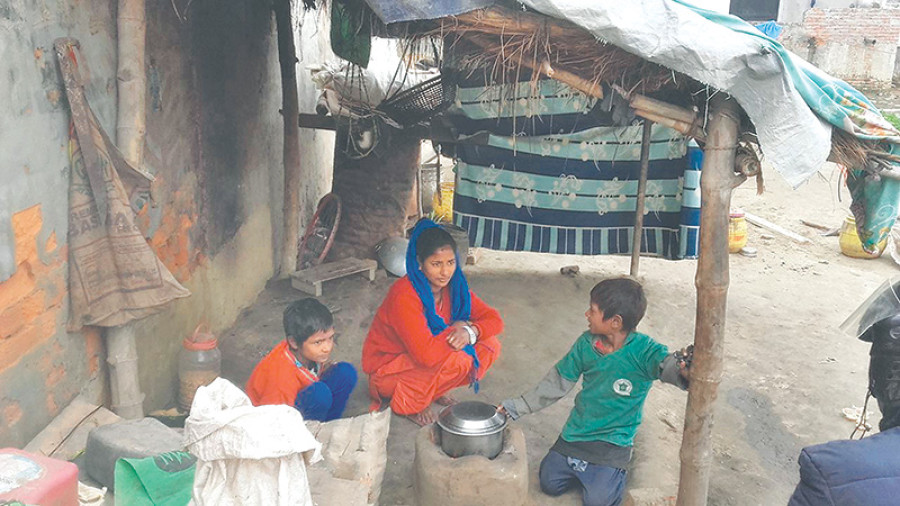National
Many children in Tarai districts of Province 5 are still out of school
Many children in Tarai districts of Province 5 are still out of school. Most of these children come from impoverished background, mainly from Muslim and Madhesi communities. The dropout rate among the children from these two communities is also high.
Province 5 Bureau
Many children in Tarai districts of Province 5 are still out of school. Most of these children come from impoverished background, mainly from Muslim and Madhesi communities. The dropout rate among the children from these two communities is also high.
Banke, which has a considerable size Muslim population, has a high number of out-of-school children.
As per the government data, about 13,000 children in the district are out of school— the chief reason why Banke has still not been declared a fully literate district.
The Banke District Education Development and Coordination Unit in Banke has pegged the district’s literacy rate at 90 percent, but the government officials doubt the data’s veracity.
“A large number of children from Madhesi and Muslim communities in Narainapur, Janaki and Duduwa rural municipalities do not attend school,” said Gorkha Bahadur Thapa, chief of the unit.
Even in Nepalgunj, the district headquarters of Banke and the commercial centre of Province 5, hundreds of children do not go to school.
“The main reason behind poor literacy rate is the lack of awareness about the importance of education among adults. Many people, especially in Muslim and Madhesi communities, do not think that schooling their children is important,” said Thapa.
Jagadish Harijan of Marchawar Rural Municipality in Rupandehi district has five children. None of them go to school.
“Since we move a lot looking for work, our children cannot go to school,” said Jagadish. He and his wife work as construction labourers to support their family.
Hari Bahadur Bista, officer at the Rupandehi District Education Development and Coordination Unit, said around 6,000 children in the district were still out of school.
“Many children from the Muslim community do not attend school because their parents do not allow them,” he said.
Many Muslim parents, who earn their living as daily wage workers, do not send their children to school because they prefer their young ones helping them in household work.
“I did not send my children to school because I was afraid that they would not want to work after receiving education,” said Akalun Nisha of Kotahimai Rural Municipality. “I have six children; four sons and two daughters. My sons earn a living and contribute to the family while my daughters help me with household chores,” she added.




 22.12°C Kathmandu
22.12°C Kathmandu












